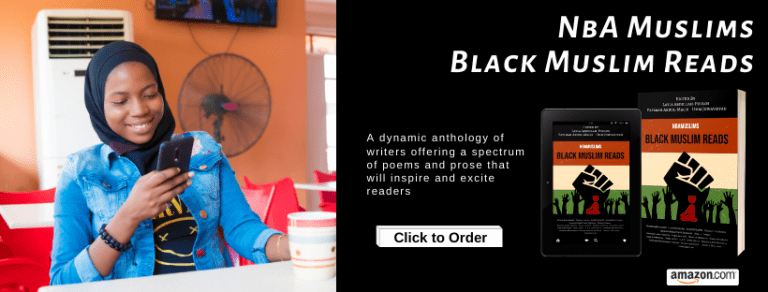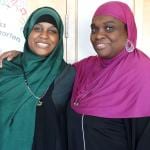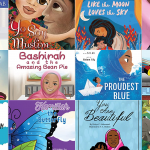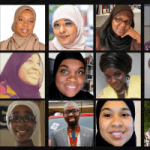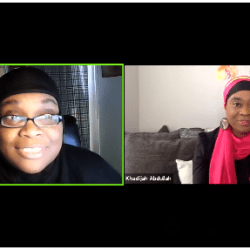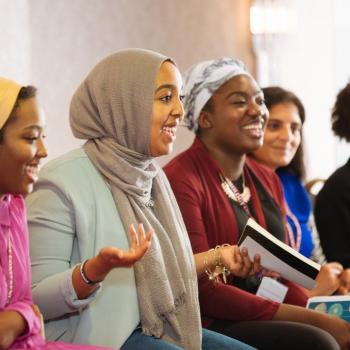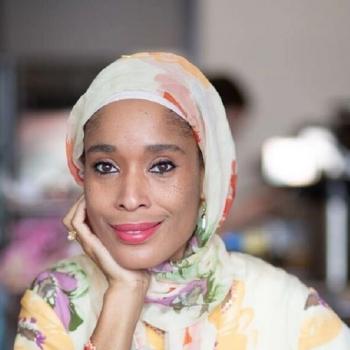 Original Post: Haute Hijab
Original Post: Haute Hijab
By Layla Abdullah-Poulos
January not only ushers in a new year but an increased focus on the histories and experiences of people across social intersections. It starts with annual events and national holidays, like the Women’s March and Dr. Martin Luther King Jr. day in January, then Black History Month and World Hijab Day in February, Women’s History Month follows in March and Malcolm X is honored in May.
All of the aforementioned are necessary for our society, which is steeped in Eurocentric, White Supremacist patriarchy with tendencies to skew histories, favoring cisgender, able-bodied White men and White women as the embodiment of who we are as Americans. Yeah, that’s basically a load of wrong, because we all know that without the people existing outside of those limited parameters, there would be no America.
Some may decry the necessity of spending a day, week or month shedding a lens on specific cultural experiences. However, I think that centering the uniqueness of a people aligns with Allah’s (S) ayah:
O mankind, indeed We have created you from male and female and made you peoples and tribes that you may know one another. Indeed, the noblest of you in the sight of Allah is the most righteous of you. Indeed, Allah is Knowing and Acquainted. (Quran 49:13)
The human condition is prone to supremacy and tribalism, rooted in kibr (arrogance), two diseases of the heart that are the foundational catalysts for social oppressions plaguing us. Black History Month is not a cure, but it and other social awareness endeavors offer opportunities for those of us inundated with social messaging to resist layers of external and internalized oppression, empower ourselves by driving our cultural narrative and equipping ourselves with the knowledge that we are more than the stereotyped representations permeated by the dominant culture.
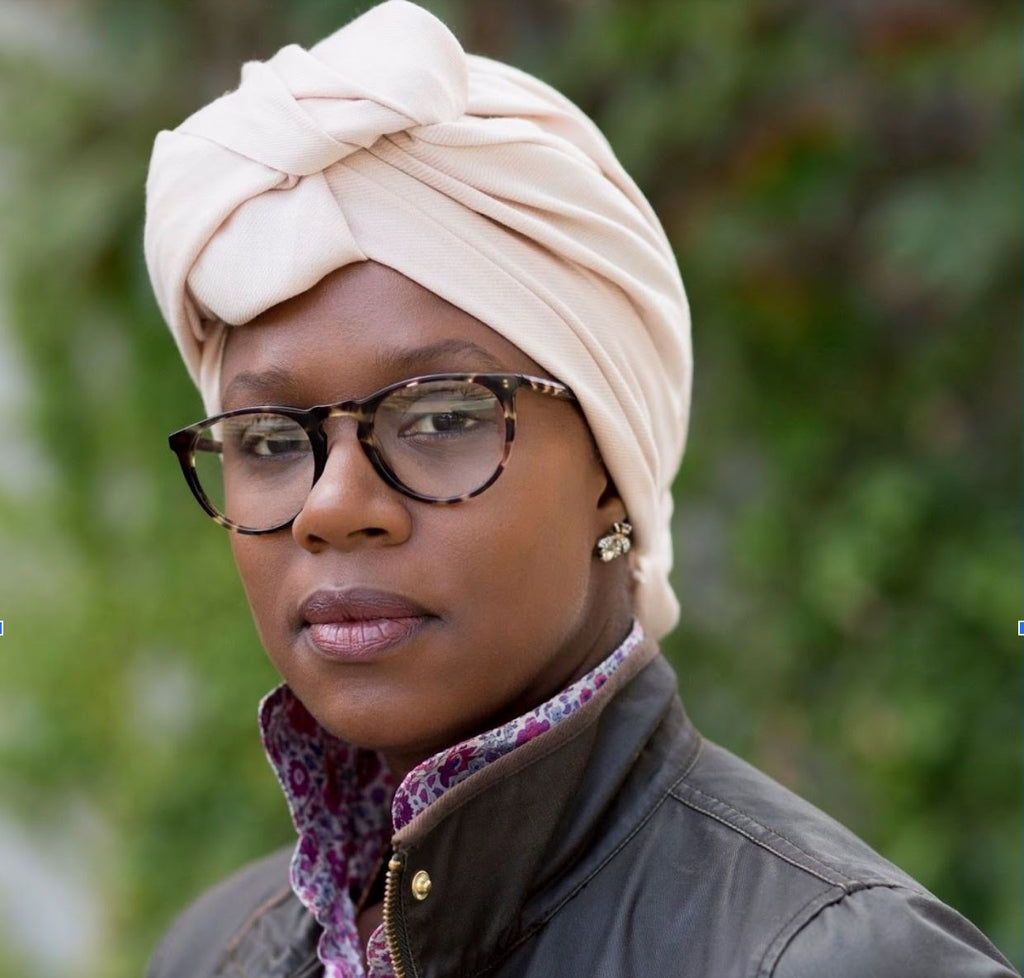
So, people often get very busy during the season of resistance, especially those navigating multiple marginalized intersections. With ownership in an array of social identities and heritages, Black Muslim women connect various aspects of resistance, making their voices and perspectives invaluable contributions to combating suppression and hegemony.
Black Muslim women scholars, thought leaders and activists can provide rich analyses of how systems of oppression coordinate and coalesce. Below is a speech by community advocate and activist Cjala Surratt at a recent Women’s March rally in a Syracuse, NY church. She draws from intersections of resistance owned by her. Her words give a powerful, rich introduction to our season of resistance.


